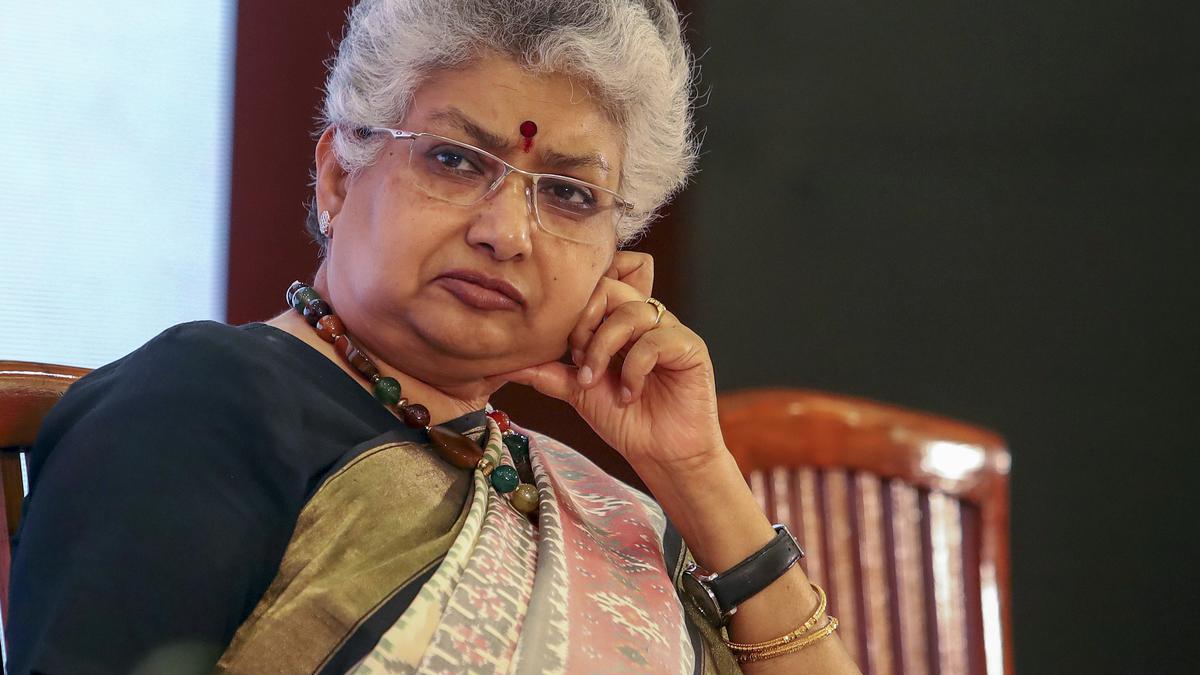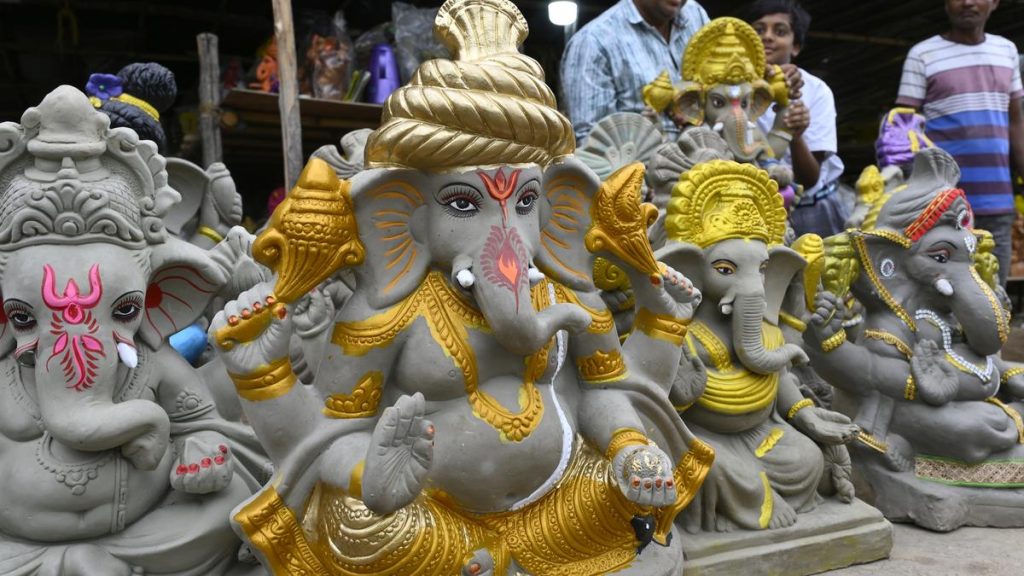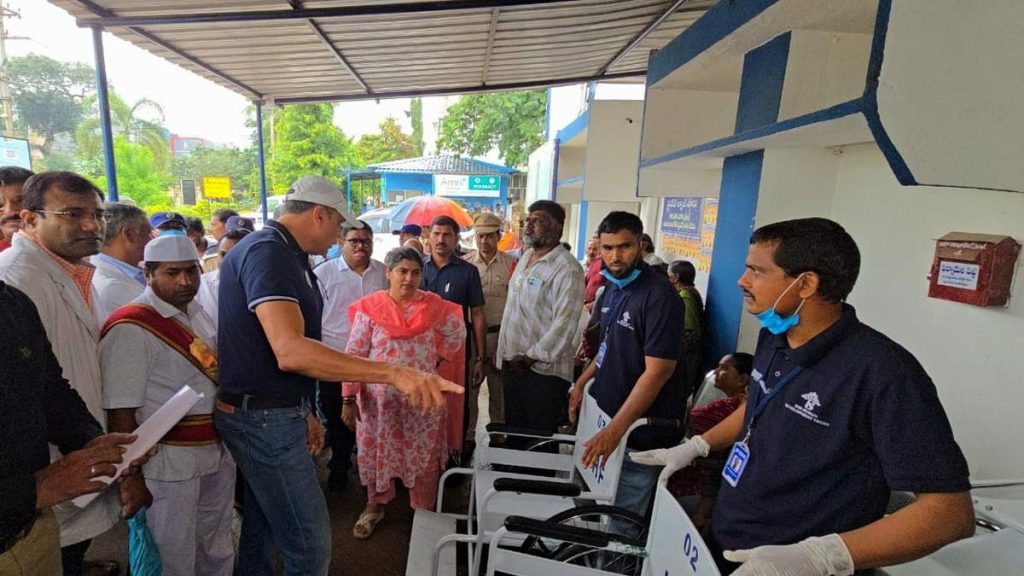Now Reading: Justice B.V. Nagarathna Dissents on Elevation of Justice Pancholi to SC
-
01
Justice B.V. Nagarathna Dissents on Elevation of Justice Pancholi to SC
Justice B.V. Nagarathna Dissents on Elevation of Justice Pancholi to SC

Quick Summary
- Supreme Court Justice B.V. Nagarathna has dissented against teh Collegium’s recommendation to elevate Patna High Court Chief Justice Vipul Manubhai Pancholi as a Supreme Court judge.
- Justice Nagarathna, previously opposed to Justice Pancholi’s elevation due to seniority concerns, pointed out that many judges ranked higher in seniority were overlooked.
- She highlighted that this woudl make him the third judge from Gujarat elevated to the Supreme Court despite wide disparity in representation from other states.
- Questions were raised about his transfer from Gujarat High Court to Patna High Court and whether it influenced his elevation.
- Her dissent note has not been published with the Collegium’s august 25 resolution despite her request.
- If appointed, Justice Pancholi could become Chief Justice of India (CJI) by 2031 for a tenure exceeding one year.
Indian Opinion Analysis
Justice Nagarathna’s dissent raises pertinent concerns about fairness and balance in judicial appointments. Seniority is traditionally an vital factor for elevation; bypassing multiple senior judges might risk perceptions of favoritism or regional bias. Furthermore,disproportionate representation in apex court appointments challenges diversity across India’s vast judicial system.
Transparency within the Collegium’s decision-making remains crucial for maintaining institutional trust. The non-publication of her dissent note further underlines growing calls for more accountability within judicial frameworks. As Justice Pancholi’s potential CJI tenure draws scrutiny,larger implications on judiciary governance and selection benchmarks are likely subjects for debate.
Read more: The Hindu























